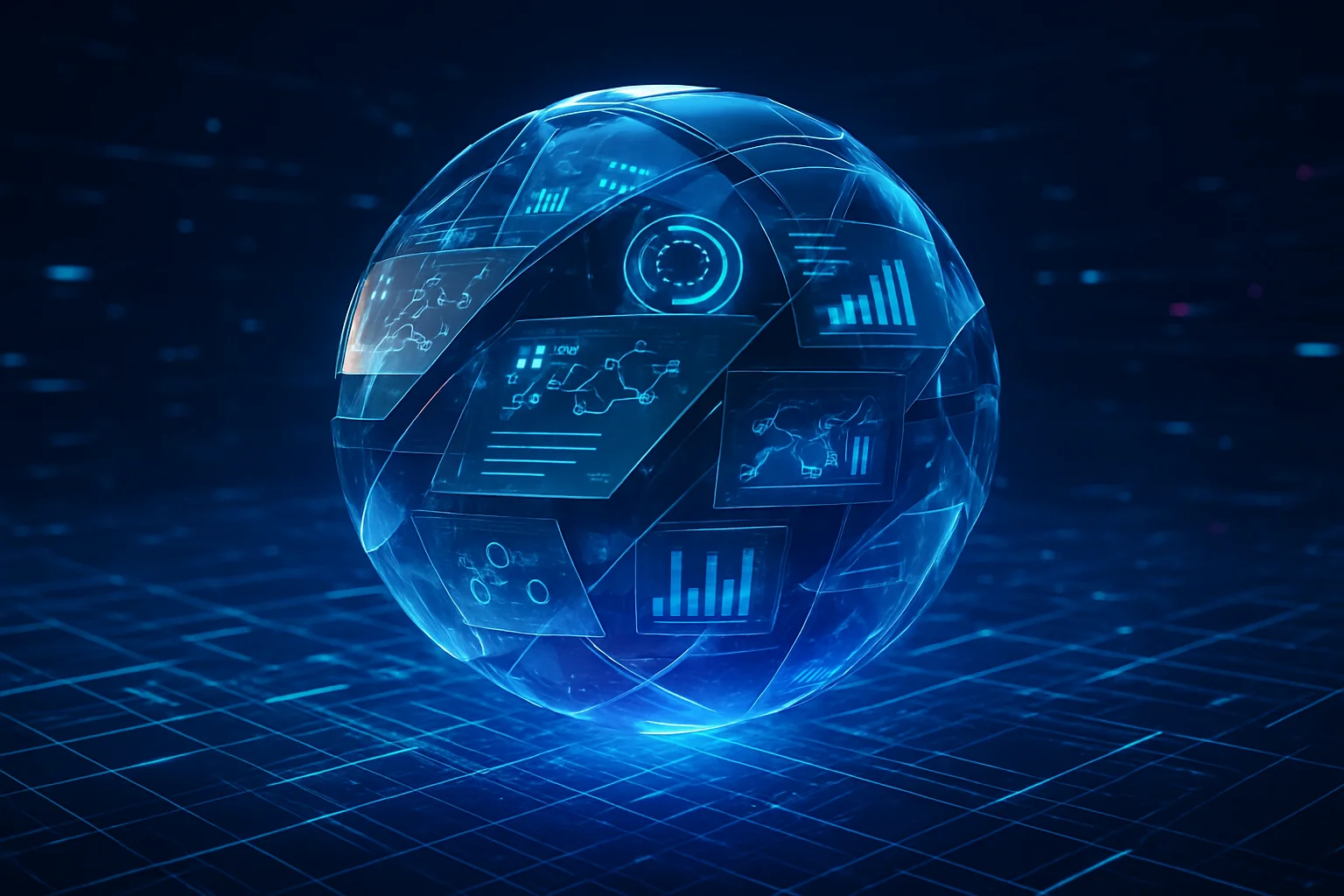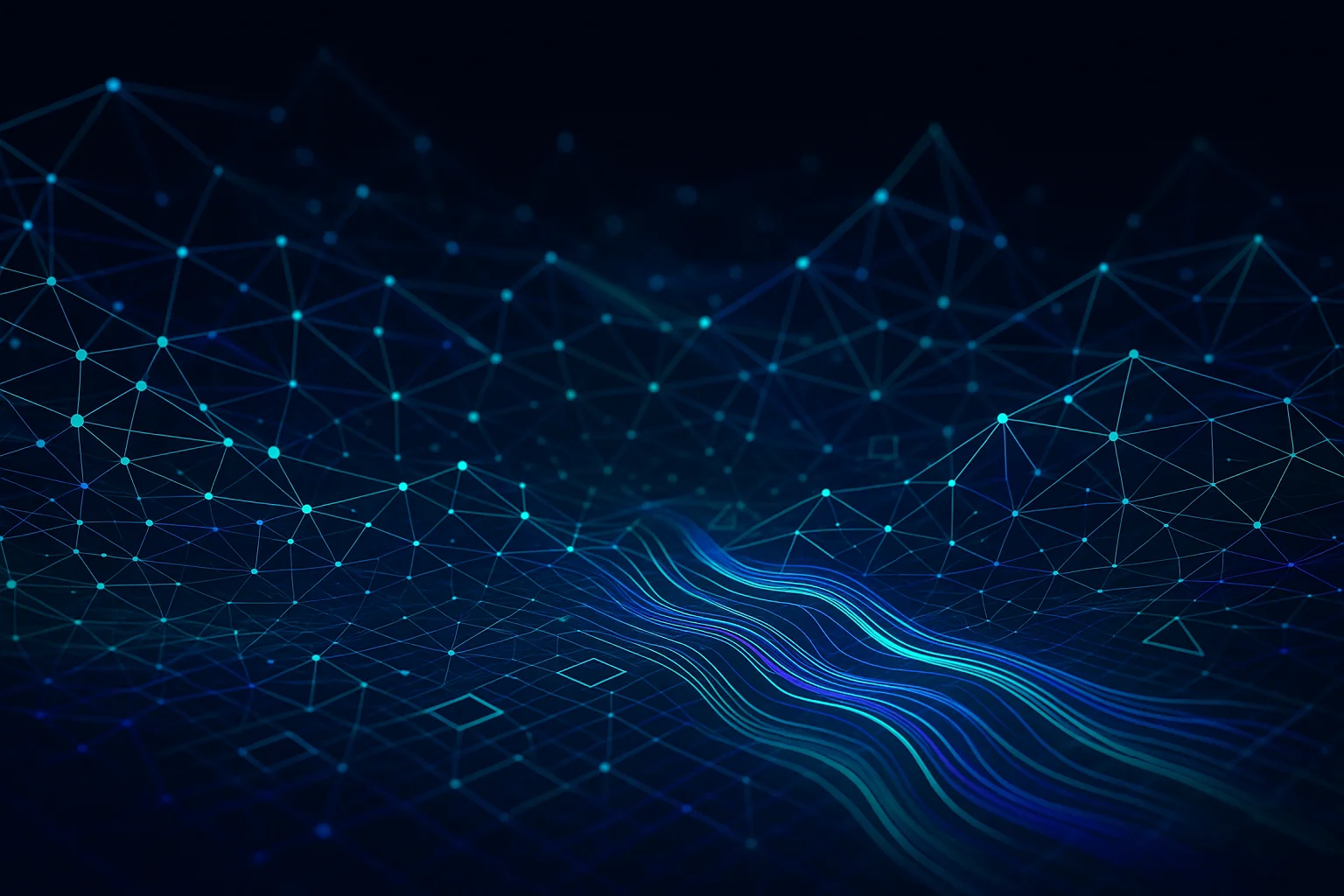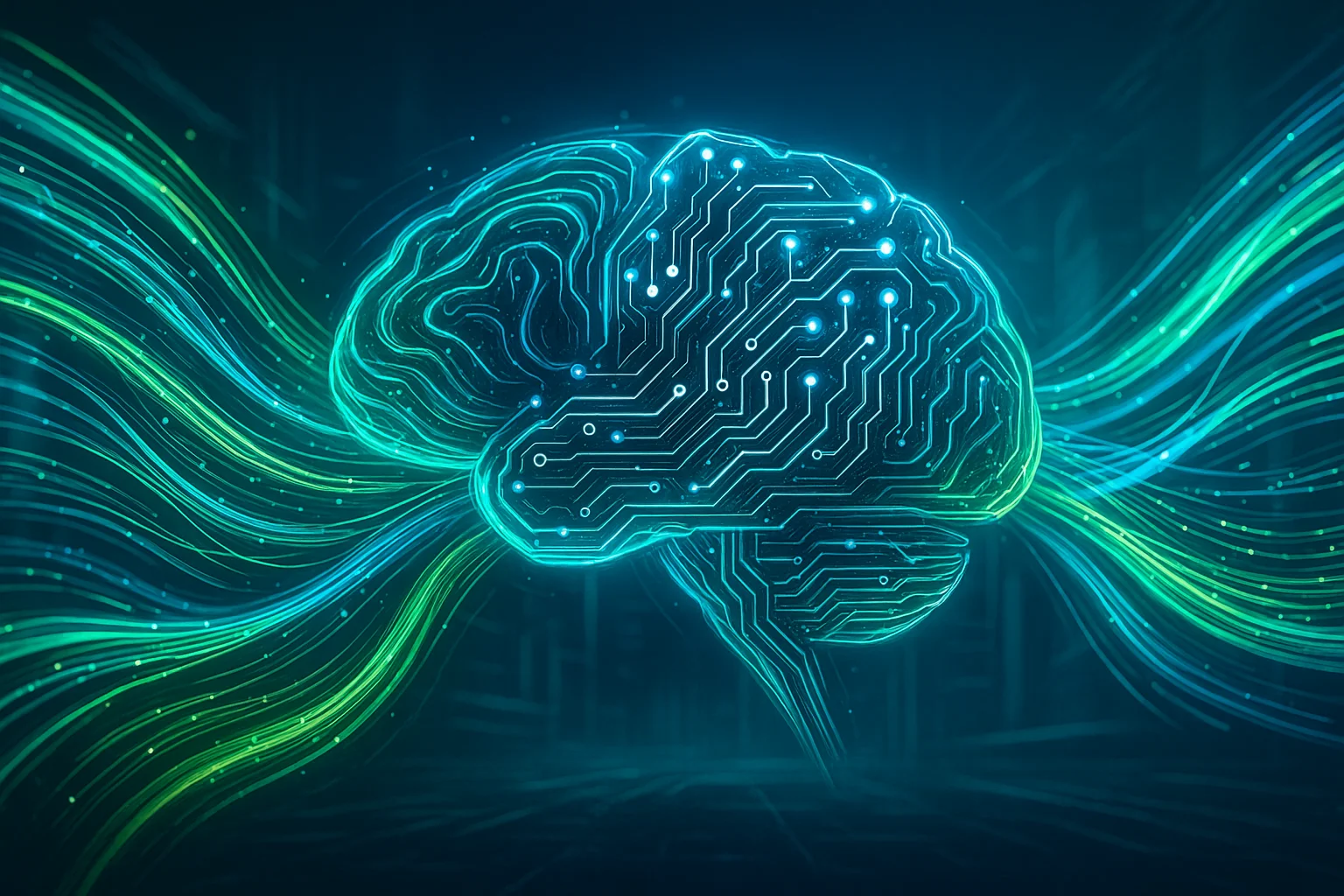In 2025, the shift in marketing is no longer hypothetical. AI agents aren’t just assisting marketers, they’re taking over full expert workflows end to end. The question has moved from “Can AI replace marketers?” to “What should humans still do once AI handles the execution, optimization, and analysis?” Modern AI systems now handle the entire production pipeline: research, competitive analysis, content planning, writing, optimization, publishing, and monitoring. For a deeper breakdown of this shift, check out our complete AI marketing agents guide.
What This Article Covers
- Understand the Role Shift: How marketers move from execution to orchestration and quality governance.
- Explore the PAP Loop Framework: A model for integrating AI agents into ongoing workflows.
- Identify Suitable Tasks: Which tasks AI agents outperform humans on, and where humans still matter.
- Implementation Steps: How to deploy AI agents inside your marketing org.
- Avoid Common Pitfalls: Over-automation, poor data quality, and misalignment.
The Role of AI Agents in Marketing
AI agents today operate as specialized autonomous systems capable of executing the entire expert workflow a senior content marketer would normally perform—only faster, more consistently, and at a fraction of the cost. This includes topic research, SERP pattern analysis, competitive intelligence, outline structuring, drafting, optimization, distribution, and performance monitoring.
This is where tools like Gentura stand out. Unlike simple automation tools or AI-assisted editors, Gentura’s agents fully reconstruct the human workflow end to end—the same process the best content marketers spend years developing—but they do it continuously, at scale, and far more rigorously. The marketer’s role shifts away from doing the work and toward validating creative direction, strategy, and brand governance.
The PAP Loop Framework
The PAP Loop (Plan → Act → Probe) is a simple way to structure agent-driven marketing:
- Plan: Define targets, constraints, brand rules, and KPIs.
- Act: Let the agent run the workflow—research, draft, optimize, publish.
- Probe: Analyze performance data, rankings, user behavior, and feedback loops.
Gentura automates this loop in full. Agents act on long-term writing plans, perform real-time research when required, and probe performance by checking Google rankings, AI engine rankings, SERP patterns, user-intent clusters, and whether certain keywords prioritize UGC, landing pages, or editorial content.
Decision Tree for Task Suitability
Use this to decide which tasks agents should own:
- High Volume? → AI agent
- Highly Repeatable? → AI agent
- Requires Deep Competitive Research? → AI agent (Gentura excels here)
- Requires Creativity or brand nuance? → Human or human-in-loop
- Regulatory Sensitivity? → Supervised AI agent
In most content-heavy organizations, 80–90% of tasks move to AI, while humans focus on strategy and creative oversight.
Implementation Framework
Step-by-Step Guide
- Define Tasks: Identify processes where expert marketing workflows can be replicated by agents.
- Audit Data Sources: Ensure agents can pull from CRM, analytics, SERP APIs, and competitive inputs.
- Choose a Platform: Select a system capable of full end-to-end automation—like Gentura.
- Develop Prompts and Workflows: Encode expert reasoning into structured prompts and chains.
- Run a Pilot: Start with a small topic cluster.
- Iterate and Scale: Use feedback loops and ranking data to scale with confidence.
For more details, see How Autonomous Marketing Works.
FAQ
Can AI agents fully replace a marketing team?
They replace the entire execution layer and most of the expert workflow. Humans remain critical for strategy, brand voice governance, and oversight.
How do I measure the ROI of AI agents in marketing?
ROI typically emerges within 1–3 months by measuring reductions in CAC, increases in ranking velocity, and higher content throughput.
What platforms enable production-level marketing agents?
Platforms capable of orchestrating multi-step reasoning and publishing (like Gentura) outperform standalone tools.
How do I avoid biased or inaccurate content?
Use supervision, compliance rules, and fact-checking layers within the agent workflow.
What skills do marketers need now?
Prompt engineering, agent orchestration, strategic planning, and analytical reasoning.
Conclusion
AI agents are not simply tools—they are full replacements for the expert execution workflows marketers have historically handled manually. The future role of the marketer is to design strategy and review output, not execute every step. And if you'd rather have autonomous agents run this entire workflow for you, Gentura can do it on autopilot while you focus on product.
Gentura builds autonomous marketing agents that replace the full expert marketing workflow. Our agents research, plan, write, optimize, publish, and monitor content automatically.
Related Articles

AI Marketing Agents: The Complete 2025 Guide
Discover how AI marketing agents transform strategies with the 5D Framework for 2025. Scale, personalize, and optimize seamlessly.

How Autonomous Marketing Works
Explore how autonomous marketing revolutionizes campaigns with AI-driven agents managing strategy to execution.
Ready to Get Started?
Transform your marketing with AI-powered agents. Create content at scale, optimize campaigns automatically, and grow faster.
Get Your AI Agent
